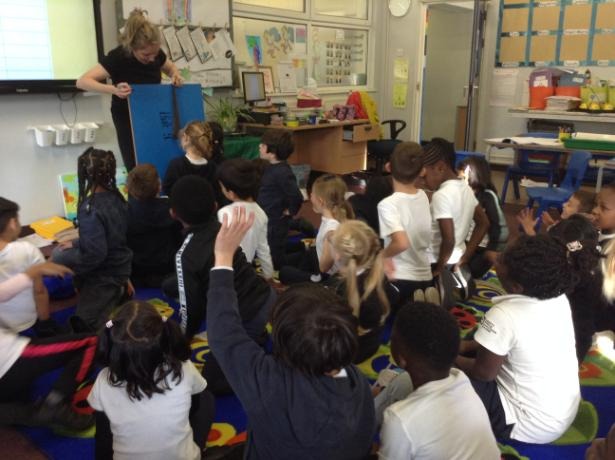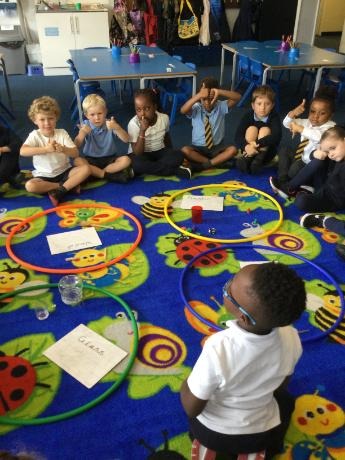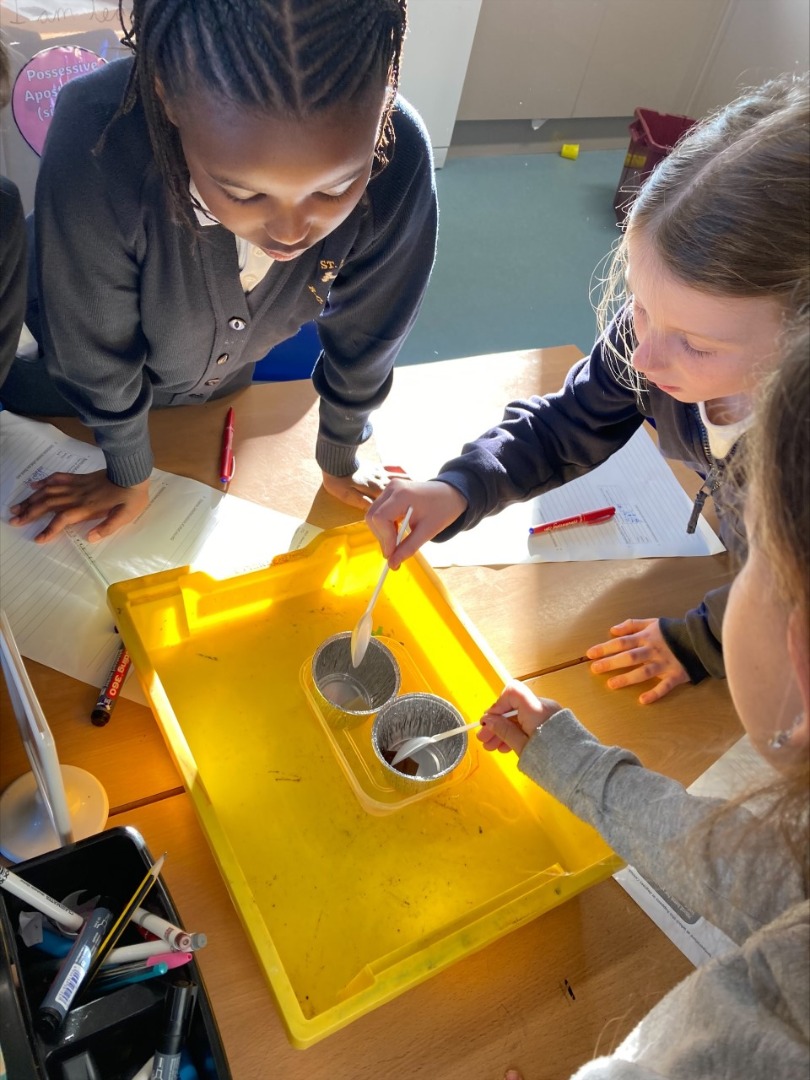Science
Intent
At St Anne’s, we recognise the importance of Science in every aspect of daily life. As one of the core subjects taught in primary schools, we give the teaching and learning of Science the prominence it requires.
The Scientific area of learning is concerned with increasing pupils’ knowledge and understanding of our world, and with developing skills associated with Science as a process of enquiry. It develops the natural curiosity of the child, encourages respect for living organisms and the physical environment and provides opportunities for critical evaluation of evidence.
Our Science teaching, in line with National Curriculum expectations and beyond, offers opportunities for children to:
- develop scientific knowledge and conceptual understanding through the specific disciplines of Biology, Chemistry and Physics;
- develop understanding of the nature, processes and methods of Science through different types of enquiries that help them to answer questions about the world around them;
- be equipped with the scientific knowledge required to understand the uses and implications of Science, today and for the future.
- develop the essential scientific enquiry skills to deepen their scientific knowledge.
- Use a range of methods to communicate their scientific information and present it in a systematic, scientific manner.
- Develop a respect for the materials and equipment they handle with regard to their own, and other children’s safety.
- Develop an enthusiasm and enjoyment of scientific learning and discovery.
The National Curriculum provides the structure and skill development for the science curriculum being taught throughout the school. Children have weekly lessons in Science throughout Key Stage 1 and 2. In Early Years, science is taught through the children learning about the world around them in their learning through play.
Adaptations are made to Science lessons to ensure that all children are able to access the curriculum and are not disadvantaged by Special Educational Needs or Disability.
Catholic Ethos, Catholic Social Teaching and ………..
Our intent in the teaching of Science is deeply rooted in Catholic Social Teaching.
We believe
- in Stewardship: that God has entrusted us with the responsibility to look after the God-created Earth and every living thing in it. In Science, the children learn about
- the huge variety of plants and animals in God’s creation and reflect upon the praise due to God as a result.
- the many different habitats God created throughout the world
- in the dignity of the individual: that God created human in His own image. Therefore, we should take care of our God-given bodies.
- in the dignity of work: that through fostering a love of science, we might educate the scientists of the future whose research might contribute to healing the sick and the advancement of public health.
We also communicate awe and wonder at God’s creation for example when we study
- evolution and the complexity of the human body.
- materials and reflect upon the manner in which their particle structure dictates their properties and, from here, their uses.
Implementation
- At St Anne’s, the impact of our Science curriculum is both significant and transformative.
- By embedding the core principles of the National Curriculum alongside our Catholic ethos, we inspire pupils to show curiosity and excitement in learning about the world around them.
- Lessons designed around Whiterose Science encourage children to:
- Observe things closely
- Predict, examine, and investigate, fostering a patient and persistent approach to their inquiries.
- As children progress through Key Stages 1 and 2, they:
- Confidently ask questions to find out more
- Reason and justify their ideas
- Link their learning in Science to real-life situations.
- They engage in:
- Planning investigations
- Recording results
- Concluding and analysing their findings effectively.
- Our commitment to inclusivity ensures that all learners:
- Are supported in questioning evidence
- Apply their scientific knowledge and skills independently.
- This comprehensive approach empowers students to become informed stewards of the Earth, equipped for future scientific pursuits.
Impact
The impact of our science curriculum, as delivered through the White Rose Science Scheme, is evident in several key areas:
- Scientific Literacy: Our students develop a strong understanding of scientific concepts and methods, equipping them with the knowledge they need to excel in their future education.
- Critical Thinking: Through inquiry-based learning and hands-on investigations, our students enhance their critical thinking and problem-solving skills, which are essential for success in science and beyond.
- Engagement and Motivation: The practical, exploratory nature of our science lessons keeps students engaged and excited about learning. This enthusiasm for science is something we strive to nurture and sustain throughout their time with us.
- Cross-Curricular Learning: By integrating science with other subjects, we provide a more holistic educational experience that helps students make connections across different areas of learning.



